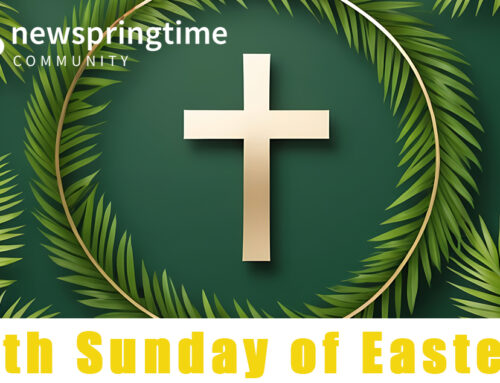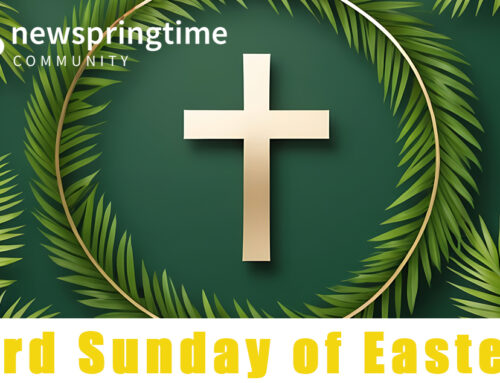The Catechism of the Catholic Church – Course Notes – Wednesday 4th October 2023
To download The Catechism of the Catholic Church course notes for 4th Oct 2023, please click here
Week 5, pars 101-141.
Pope Francis observed in par. 147 of The Joy of the Gospel, “I want to insist here on something which may seem obvious, but which is not always taken into account: the biblical text which we study is two or three thousand years old; its language is very different from that which we speak today. Even if we think we understand the words translated into our own language, this does not mean that we correctly understand what the sacred author wished to say.”
So, there is a distinct danger that we would read the Scriptures solely from a 21st-century point of view. What the Church is saying is that we have to get into the mind and point of view of the inspired people who wrote the Scriptures. In order to do that we need to carefully investigate what meaning the sacred writers really intended to convey. Using a Study Bible with good footnotes or a reputable Bible commentary can be very helpful in this regard. Par. 25 of the Dogmatic Constitution on Divine Revelation assures us, “Prayer should accompany the reading of Sacred Scripture, so that God and human beings may talk together; for we speak to him when we pray; we hear him when we read the divine when we sayings.”
Pope Benedict XVI reiterated that point when he said in par. 87 of The Word of the Lord, that prayerful scripture study, “opens with the reading of a text, which leads to a desire to understand its true content: what does the biblical text say in itself? Without this, there is always a risk that the text will become a pretext for never moving beyond our own ideas.” Pope Francis observed in like manner in par. 152 of his apostolic exhortation The Joy of the Gospel, “The spiritual reading of a text must start with its literal sense. Otherwise, we can easily make the text say what we think is convenient, and useful for confirming us in our previous decisions, suited to our own patterns of thought.” Without this kind of objective approach, there is always a risk that one interprets the text in terms of one’s own preconceived ideas.
A Catholic approach to Scripture interpretation
In order to avoid adopting a fundamentalist approach to the scriptures, the Church recommends that Catholics learn how to interpret the word of God. The Vat II Dogmatic Constitution Word of God said in par 12,: “Seeing that, in sacred Scripture, God speaks through human beings in human fashion, it follows that the interpreters of sacred Scripture, if they are to ascertain what God has wished to communicate to us, by means of their sayings.” Pope Benedict reiterated that point when he said that prayerful scripture carefully search out the meaning which the sacred writers really had in mind, that meaning which God had thought well to manifest through the medium of their words”
In 1943 Pope Pius XII drew scholars’ attention, in pars 33 and 34 of his encyclical, By the Inspiration of the Spirit, to the importance of distinguishing the variety of literary forms used in Scripture: “Let the interpreter then, with all care and without neglecting any light derived from recent research, endeavour to determine,
- The peculiar character and circumstances of the sacred writer,
- The age in which he lived,
- The sources written or oral to which he had recourse
- And the forms of expression he employed.
Thus, can he better understand who the inspired author was, and what he wishes to express in his writing. There is no one indeed but knows that the supreme rule of interpretation is to discover and define what the writer intended to express.” In more recent years, St John Paul II said, “Attention must be given to the literary forms of the various biblical books in order to determine the intentions of the sacred writers. And it is most helpful, at times crucial, to be aware of the personal situation of the biblical writer, of the circumstances of culture, time, language, etc., which influenced the way the message was presented….In this way, it is possible to avoid a narrow fundamentalism which distorts the whole truth.”
Next week CCC pars 142 – 165





